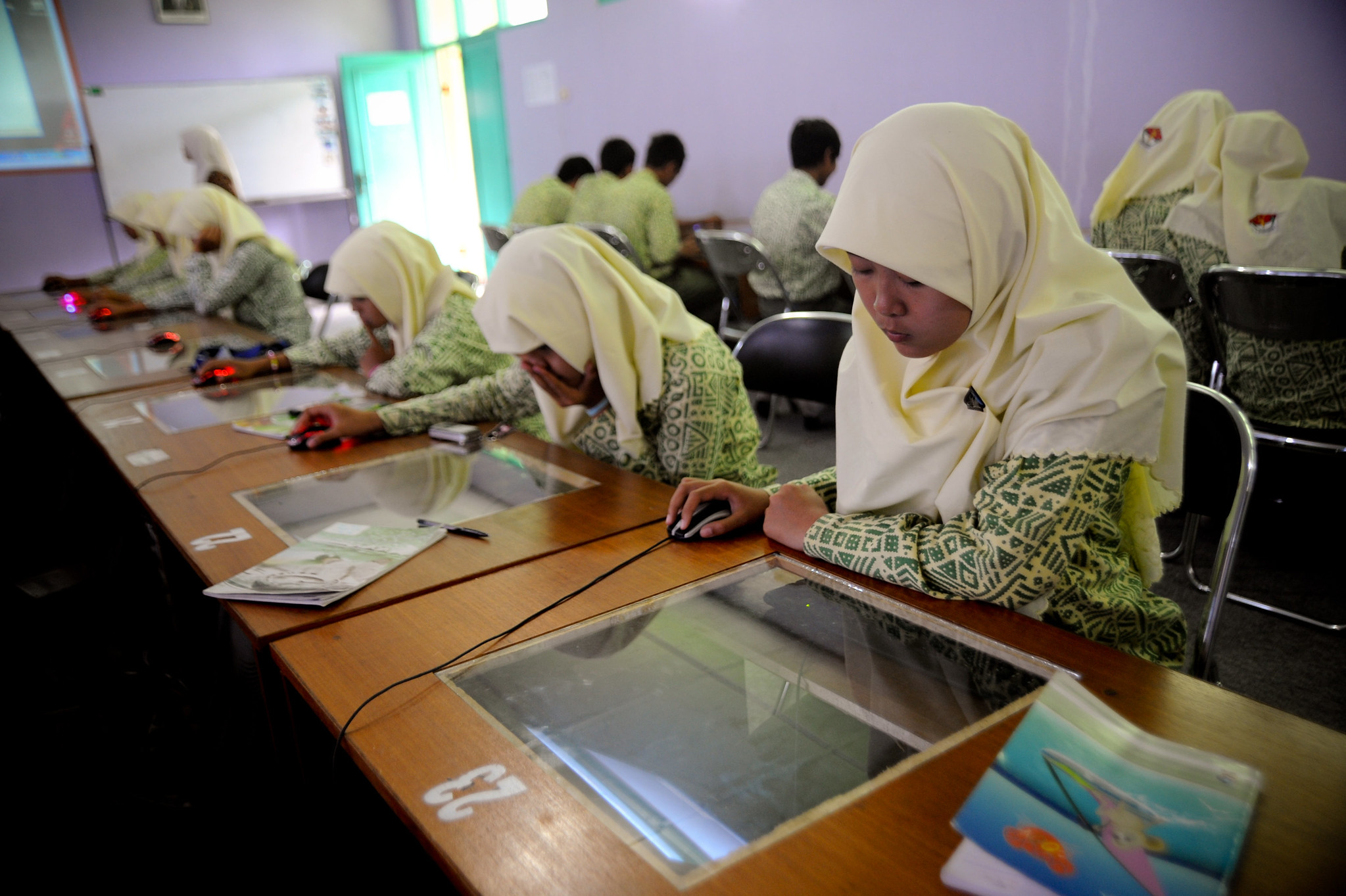Public Policy Advisor, Toluwalola Kasali and Digital Transformation Specialist, Tobi Kasali write about policy, and people, considerations for technology innovation in addressing key challenges in development.
Innovation is occurring rapidly – with people around the world pushing the boundaries of creativity that were inconceivable just a few decades ago. Significant technological advances are now being made across information communications technology; artificial intelligence; clean energy technology; space technology; biotechnology, etc. This technological revolution is changing how we live, work, communicate, travel, and socialise.
Innovation is also central to addressing the world’s key challenges, including climate change, global pandemics, energy and food security, etc., by disrupting and transforming how we tackle them. These transformational technologies have the potential to drive long-term socioeconomic growth and improve life for individuals, businesses, and society at large. Governments need to understand how to develop policies that maximise the benefits of technological advances by creating an enabling environment for innovation to thrive in a way that delivers social and economic benefits to society.
While technological innovations can be harnessed to enhance social and economic development, there are also concerns about these technologies and their application, potential risks to public safety, data privacy, personal privacy, human rights, and national and international security. All these make efforts to manage them vital and complex. The cross-border reach of technology, global connectivity and economic integration implies that the impact and consequences of technological advances are no longer localised – but global, requiring international coordination and cooperation to shape policies, legislations, regulations and guidance – while recognising the differences that exist in social, ethical, cultural and political systems across borders. The recent establishment of a High-Level AI Advisory Body Convened by the UN Secretary-General, the UK AI Safety Summit, and the first AI Executive Order in the United States directing new standards for AI safety and security, protecting privacy, supporting workers, etc., collectively underscore the imperative need for immediate policy intervention.
It is crucial that governments do all they can to create the environment required to harness the benefits of rapidly and constantly evolving technology, including getting policy and regulation right so that innovation can thrive while mitigating the risks posed to the society. Public policy can play an important role in technology development and advances that align with societal values and deliver socioeconomic benefits to the society at large by considering the following:
- Responsive and agile regulation: Technology innovations move at a fast pace, and public policies must be able to respond to these changes or anticipate the wave of change. The regulatory process should, therefore, be considered in terms of its ability to adapt to change, accommodate innovations and remain relevant without compromising public interest. In addition, regulatory frameworks and guidance need to be communicated and clear to promote innovation, attract investment, and encourage technology development.
- Societal values and ethics: Public policy needs to consider the role of values and ethics in technology development. Technology influences society and vice versa. Policymakers need to consider how societal values and ethics, including privacy, collective responsibility, fairness, respect, honesty, humanity, and well-being, can be part of the technological development process and how these values can be protected. Policymakers can also create ethical and legal frameworks for new technologies to ensure that they are developed and used responsibly in a manner that is consistent with societal values for the benefit of all.
- Research and development: Research and development facilitates innovation – driving new ideas and improving existing technology. Public policy can enable technology innovation by supporting research and development in research institutes, universities, etc. In addition, governments can fund and support research and development ideas in areas aligned with improving societal benefits such as healthcare, energy, and education.
- Collaboration and partnerships: Policies can enable partnerships and facilitate collaboration between government, academia, think tanks, industry, not-for-profit and research institutions to promote knowledge exchange and development. Due to the cross-border and global nature of the impact and consequences of technological advances, regional and international coordination and cooperation across policies, laws and regulations are required to achieve meaningful outcomes.
- Infrastructure development: Governments need to invest in building and maintaining infrastructure that supports technological advancements, such as broadband networks, research facilities, and innovation hubs. Technological infrastructure provides a conducive environment for innovators and entrepreneurs to thrive. Governments can also leverage Public-Private Partnerships to drive the infrastructure development needed – with the potential to create jobs and stimulate economic growth.
- Stakeholder engagement: Policymakers need to engage with a wide range of stakeholders, including innovators, business leaders, entrepreneurs, researchers, and civil society, regarding the benefits of technological advances and the potential societal risks they pose.
- Education, training and human resource development: Public policy should also support digital skills and training in educational curricula, training institutions, and the public sector. This will ensure that there is a skilled workforce and a pipeline of talent to drive innovation sustainably.
- Accessibility and inclusivity: Governments can promote accessibility and inclusivity in the implementation of new technology by creating policies that address digital illiteracy and accessibility to ensure that advancements benefit a broad range of people, including those from disadvantaged communities and those with disability.
- Enhance transparency and accountability: Policy and regulatory guidance will require an increased focus on transparency and accountability.
- Safeguarding children, young people, and other vulnerable people: As advancements continue rapidly, policies must focus on protecting the privacy and well-being of children and other vulnerable individuals. Whether in schools or outside, children are exposed to AI-driven or supported technologies almost daily – on their phones, laptops, etc. – which can potentially put their safety and well-being at risk. Policymakers, educators, schools, parents, school boards, and students need to work together to address these challenges.
In conclusion, technological innovation has the potential to accelerate the delivery of social and economic benefits to society at large. To ensure that technological innovation aligns with societal goals and values, it is essential to have transparent, inclusive, and well-informed policies that consider the diverse needs and perspectives of society. This will involve collaboration between innovators, government, industry, academia, civil society, and the international community.
The views expressed in this post are those of the author and do not reflect those of the International Development LSE blog or the London School of Economics and Political Science.
Image credit: Solar Energy (Veneto 19) by Collin Key via Flickr.





